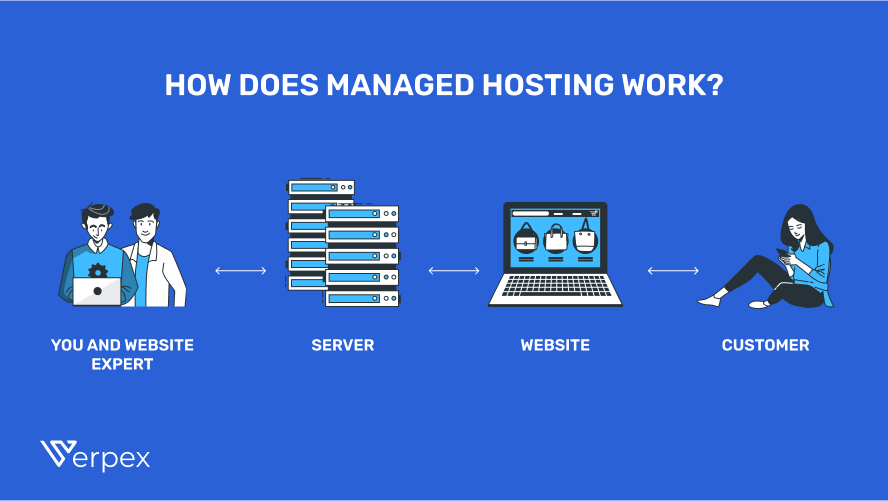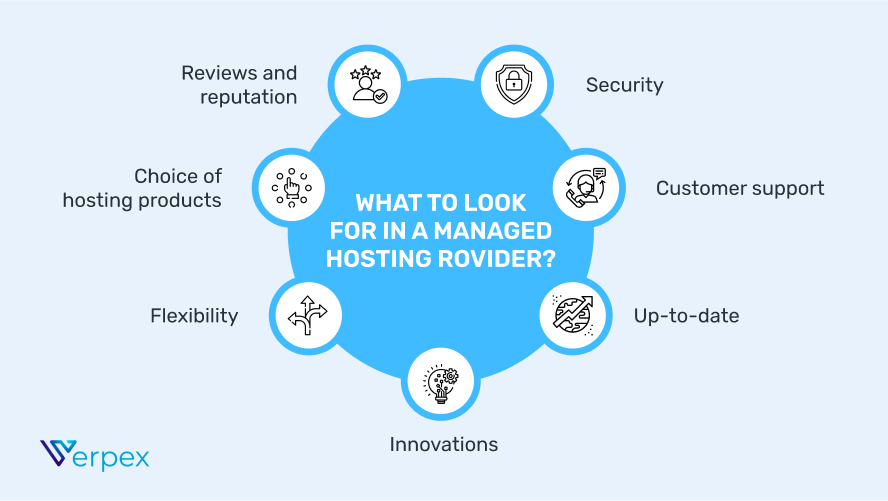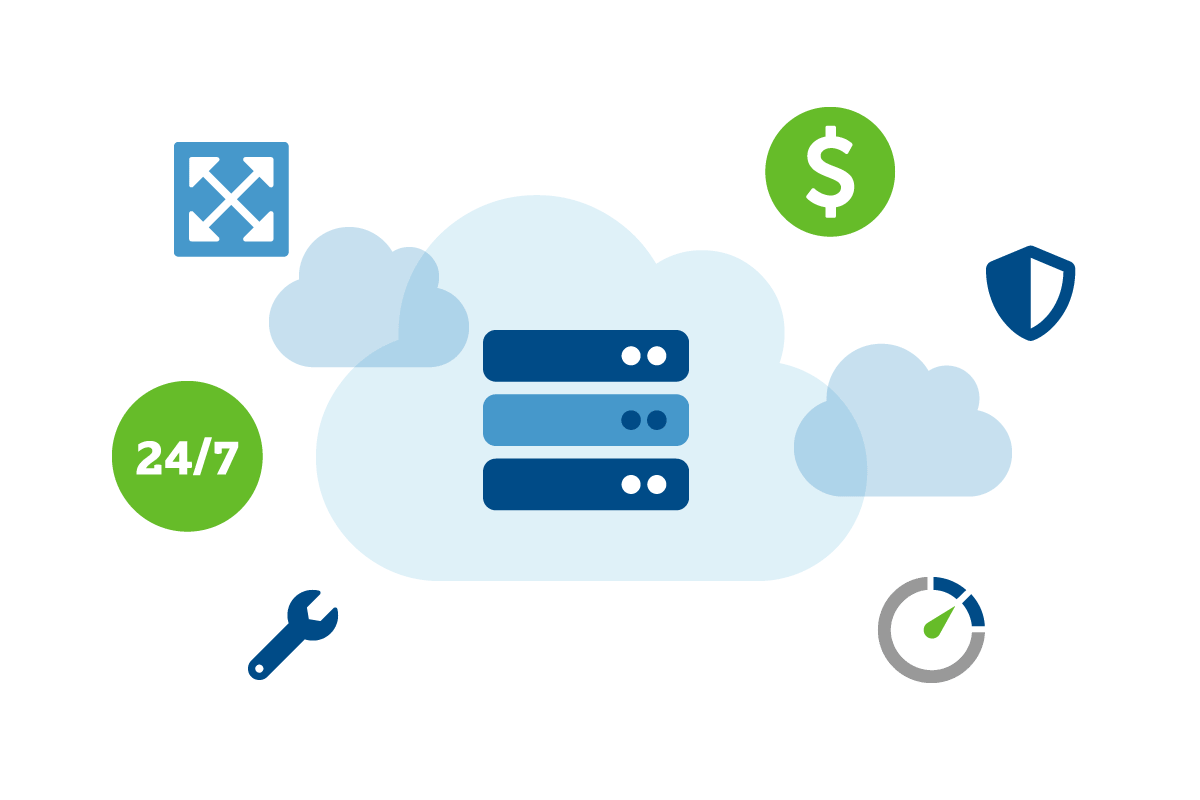1. What is Managed Hosting?
Managed hosting is a service where the hosting provider handles all technical aspects of server management, including software updates, security patches, backups, and performance monitoring. Unlike traditional hosting solutions, where users must configure and maintain their servers, managed hosting offers a hands-free approach, making it an ideal choice for businesses and individuals who lack technical expertise.
With managed hosting, businesses can ensure high uptime, fast loading speeds, and robust security measures without dedicating internal resources to server management. Hosting providers typically offer round-the-clock support, automated backups, and proactive monitoring to address potential issues before they escalate.

2. Key Features of Managed Hosting
Managed hosting comes with a variety of features that enhance website performance, security, and reliability. Some of the most important features include:
- Automated Updates – The hosting provider ensures that all software, including the operating system and security patches, is updated regularly.
- Enhanced Security – Includes firewalls, DDoS protection, malware scanning, and SSL certificates to keep data secure.
- Daily Backups – Automated backup solutions ensure that website data can be restored quickly in case of an emergency.
- Performance Optimization – Servers are configured for maximum efficiency, often including caching mechanisms and content delivery network (CDN) integration.
- 24/7 Support – Professional support teams handle technical issues, ensuring minimal downtime.

3. Benefits of Managed Hosting
Managed hosting offers numerous advantages, making it a preferred choice for businesses that prioritize performance and security. Some key benefits include:
- Reduced Technical Workload – Website owners don’t need to worry about server management, freeing up time for business operations.
- Improved Security – With dedicated security teams, managed hosting provides a higher level of protection against cyber threats.
- Faster Website Performance – Optimized servers ensure that websites load quickly, enhancing user experience and SEO rankings.
- High Reliability & Uptime – Hosting providers monitor servers 24/7 to minimize downtime and swiftly address issues.
- Scalability – Managed hosting plans can scale with business needs, ensuring that websites can handle increased traffic.

4. Who Should Use Managed Hosting?
Managed hosting is beneficial for a variety of users, including:
- Businesses & E-Commerce Stores – Reliability and security are crucial for online businesses handling customer transactions.
- Bloggers & Content Creators – Non-technical users can focus on content creation without worrying about website management.
- Startups & Growing Companies – Scalable managed hosting plans allow businesses to expand without worrying about technical limitations.
- Agencies & Developers – Web design agencies benefit from managed hosting’s efficiency, reducing client support requests.

5. Choosing the Right Managed Hosting Provider
When selecting a managed hosting provider, consider the following factors:
- Performance & Uptime Guarantee – Look for a provider offering at least a 99.9% uptime guarantee.
- Security Measures – Ensure the provider includes SSL, malware protection, and DDoS mitigation.
- Customer Support – Choose a provider with 24/7 expert support for technical issues.
- Scalability – Opt for a hosting solution that can grow with your business needs.
- Pricing & Features – Compare pricing and included features to ensure you get the best value.
Popular managed hosting providers include WP Engine, Kinsta, Site Ground, and Bluehost. Researching user reviews and performance benchmarks can help you make an informed decision.



You must be logged in to post a comment.